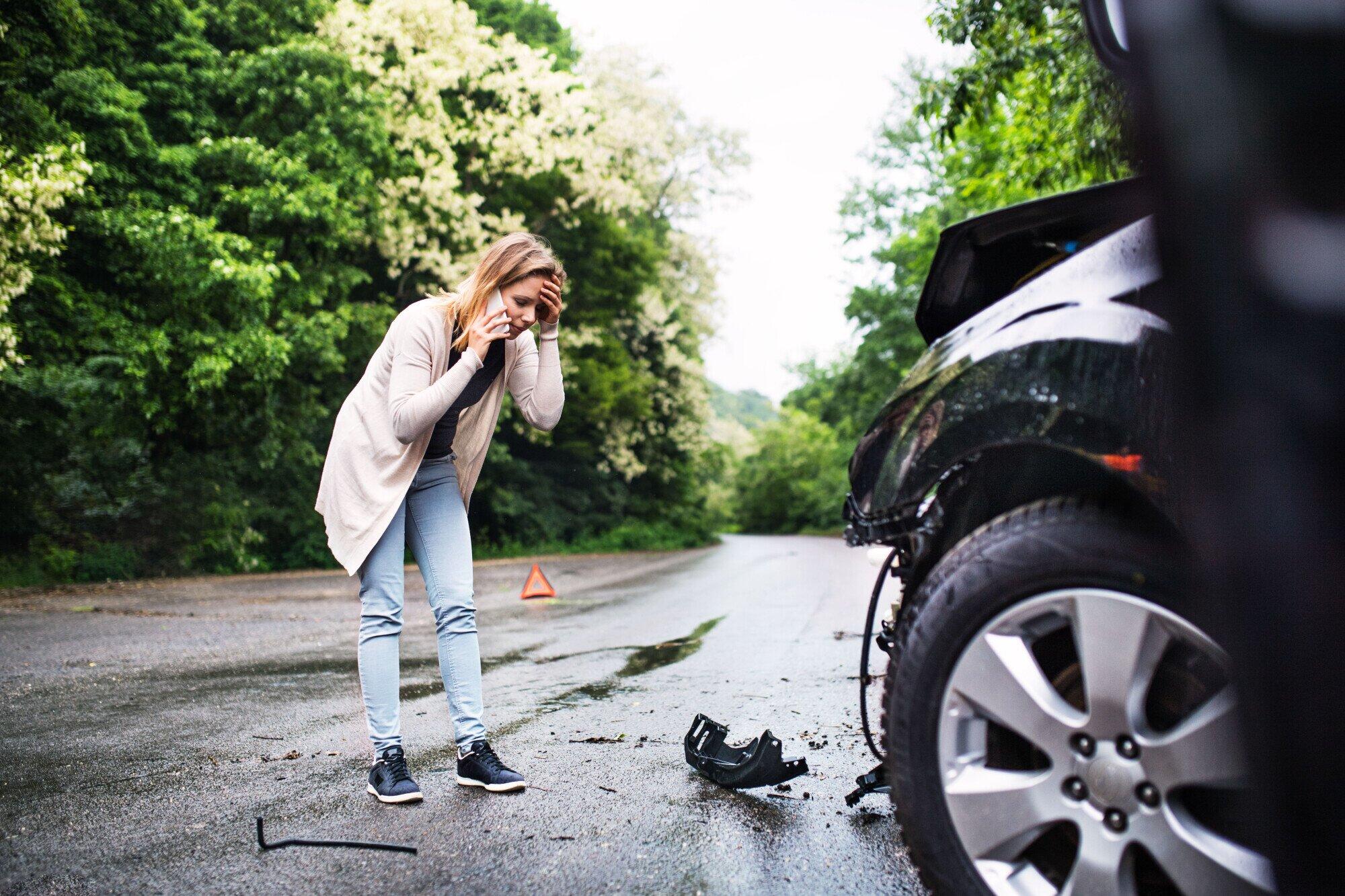Experiencing a fatal crash is a profoundly traumatic event. Navigating the aftermath can feel like venturing through a complex maze of legal procedures without a guide.
In the blink of an eye, life can shift from normalcy to a daunting world. It includes law enforcement interviews, insurance claims, and potential court appearances.
This guide aims to be a beacon of clarity through the fog of confusion. It provides step-by-step insights into the legal process following a fatal accident. It empowers survivors and families to find a path toward resolution and peace.
Contents
Step 1: Seek Legal Counsel
After the tragic event, the first and most crucial step is to find an attorney who specializes in wrongful death or personal injury cases. The intricate laws and procedures surrounding these cases can be overwhelming. Without proper legal guidance, people may struggle to understand them.
Importance of Hiring an Attorney
An experienced attorney will serve as your advocate. They will help you understand your rights.
They will also help you navigate legal proceedings and work toward the best possible outcome for you and your family. They can also ensure that you are not taken advantage of by insurance adjusters or the other party’s legal team.
How to Find a Suitable Attorney
Seek recommendations from trusted sources. Seek recommendations from professional organizations specializing in personal injury law.
Look for a car accident lawyer with a successful track record in handling similar cases. Make sure the lawyer is empathetic to your situation. Remember, the right attorney can make a significant difference in the outcome of your case.
Step 2: Gather Evidence
Building a strong case requires extensive evidence gathering. This stage is critical to support your case with the needed proof.
Gather information and all the pertinent documents related to the accident, including:
- police report
- medical records
- correspondence with the insurance company
Start by reaching out to the respective authorities and organizations. These documents serve as the foundation for your case and provide the factual basis for your arguments. You need to ensure that you have all the necessary paperwork to present a comprehensive and compelling case.
It is also important to consider interviewing witnesses, if applicable. Witnesses’ testimonies could provide crucial insights and extra evidence. This could strengthen your case.
Your attorney can help coordinate these interviews. They will ensure that all relevant information is covered and the witness statements are recorded. This thorough approach helps build a robust and persuasive argument supporting your claims.
Remember, the more detailed your evidence-gathering process is, the stronger your case becomes.
Step 3: File a Lawsuit When Necessary
Depending on the specifics of the case, including factors filing a lawsuit might be the appropriate course of action to seek justice. By initiating legal proceedings, you can pursue compensation for the losses from the fatal crash.
To ensure you protect your legal rights and avoid dismissal of your case, it is crucial to understand and adhere to the statute of limitations. This time frame sets the deadline within which you must file a lawsuit after the incident.
Adhering to these deadlines is imperative. It prevents your case from being dismissed and preserves your opportunity to seek the justice you deserve.
In consultation with your attorney, you will need to determine the appropriate legal action to take. This decision may involve pursuing a wrongful death claim, a survival action, or even both, depending on the circumstances.
Wrongful death claims focus on the losses experienced by the surviving family members. They seek compensation for emotional pain, financial hardships, and other damages.
Survival actions allow one to pursue compensation for the losses the deceased suffered before their death. This is in contrast to wrongful death claims, which seek damages for the losses suffered by the deceased’s surviving family.
Step 4: Preparing for Legal Proceedings
As you approach the litigation phase, you and your attorney will develop a comprehensive trial strategy. This includes not only compiling evidence but also meticulously organizing it. We must ensure it is clear and compelling.
Your attorney will guide you on what evidence is most persuasive and how to effectively prepare it for presentation in court. This will ensure that your case is presented in the most compelling way possible.
It is also crucial to familiarize yourself with the typical courtroom procedures. You also need to be aware of the expectations for individuals involved in the case.
By gaining a thorough understanding of what to expect, you can reduce anxiety and better focus on the legal process ahead. This knowledge will empower you to navigate through the courtroom proceedings with confidence. It will allow you to present your case in the most favorable light.
Step 5: Attending Court Hearings
At this crucial stage, you will find yourself directly confronting the legal system. It is very important to be well-prepared. It is also important to show strong resilience.
Now, let’s delve into what you can expect during court hearings. While they may initially appear daunting, they serve as the platform where your case advances and unfolds.
You should expect a careful review of your evidence. The opposing party’s legal team will ask tough questions. You need to follow the judge’s instructions closely.
It is imperative to establish effective communication with your legal representatives. Your attorney serves as your voice in the courtroom, relying on their judgment and expertise to present your case.
Foster an open and transparent line of communication with them. Ensure that your interests are effectively represented.
Moving through legal proceedings after a fatal crash is challenging. However, with the right guidance and support, it is possible to find resolution and closure.
Seek out experienced legal counsel, gather evidence diligently, and be prepared for court hearings. Remember to take care of yourself during this process and lean on your support system for emotional and practical support. With perseverance and determination, you can navigate the legal system and find justice for yourself and your loved ones.
For more guidance and insights on similar topics, explore our blog. You’ll find more resources that can help you find the clarity and answers you need.




